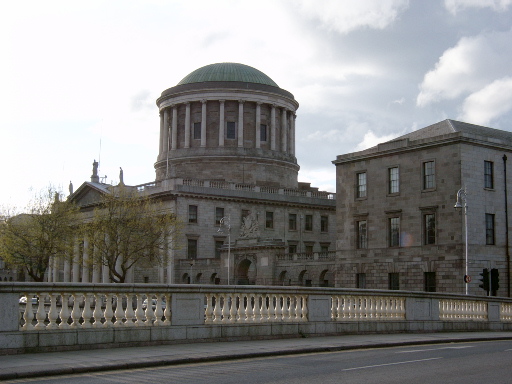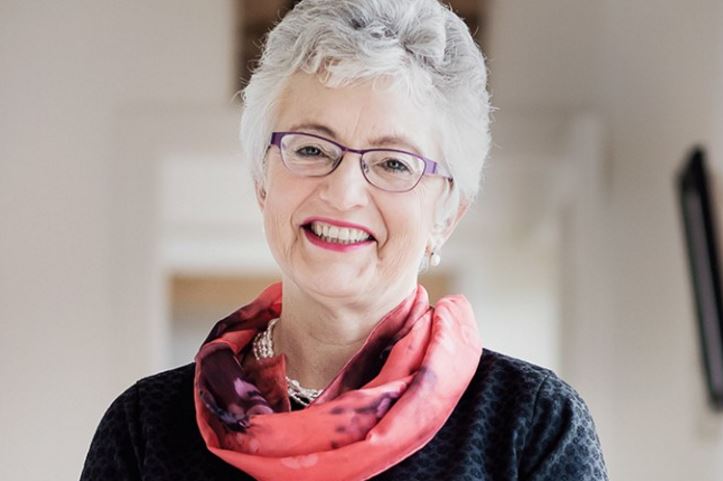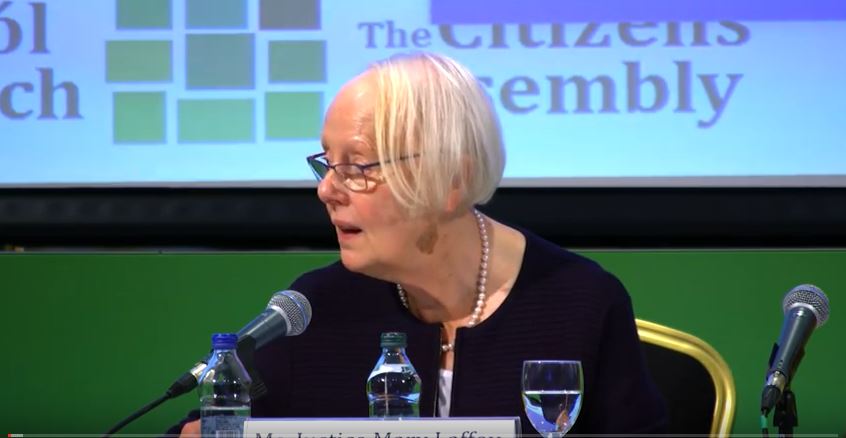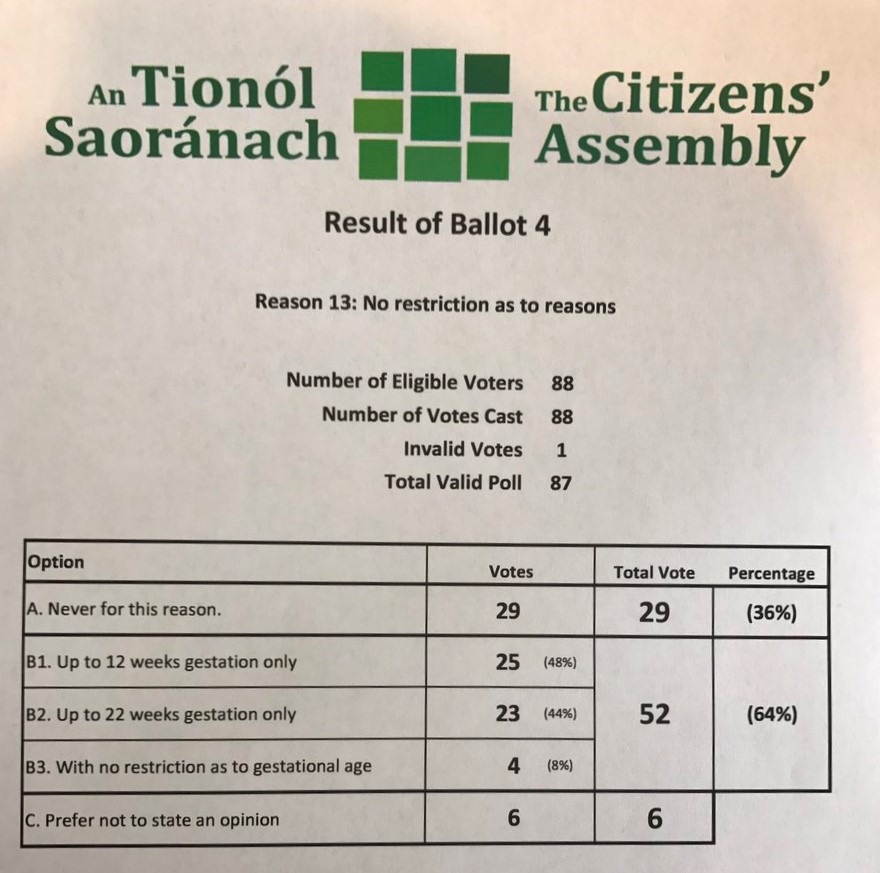Barrister Maurice Collins has said the ‘extreme’ nature of the State’s arguments in its Appeal against the recognition of unborn rights was ‘arresting’ and the refusal to recognise the “unborn” as an “unborn child” was ‘striking and startling’. He was addressing the Supreme Court in its second day of hearings of an appeal by the State to deny all Constitutional rights of the unborn child, apart from life, right up to the moment of birth. The Government want to remove the Constitutional right to life in the planned referendum.
Mr Colliins said the State was submitting that outside the right to life protected in the Eighth Amendment, the unborn child was a “constitutional nullity” and that if that amendment was repealed, the unborn had no rights at all. Mr Collins said the State was making this argument regardless of the stage of development, whether it was just after conception or just before delivery.
Mr Collins suggested the State’s “absolutist” position was not compatible with the Supreme Court’s previous decision in a case relating to frozen embryos which found that they were not entitled to the status “unborn” and hence, not due the protection of the Eighth Amendment, but they were nevertheless entitled to a measure of constitutional recognition and respect as a “form of human life”. Mr Collins said the State was suggesting that when the people voted for the Eighth Amendment they were unwittingly restricting the rights of the unborn, removing all but the right to life, and excluding them from the protection of any other constitutional provision.
The Supreme Court agreed to hear this appeal, under pressure from the Government, in the light of the planned referendum on repealing the Eighth Amendment.
In his submissions, Mr Collins said the right to life was already implicitly protected by the Constitution, as an unenumerated right, referred to in various statements of the Supreme Court, before the enactment of the Eighth Amendment. That meant, he said, the unborn had a “legal personality” capable of asserting constitutional rights, which could not have been taken away by the Eighth Amendment.
He said those who voted for the Eighth Amendment did not intend to prevent the unborn from claiming other constitutional rights that it was already entitled to. He said the principle right he was relying on was the right of the unborn child to the care and company of its father who, in this particular case, was facing deportation to Nigeria. On the other hand, he said the State was claiming that, minus the Eighth Amendment, the foetus was a constitutional “non-person” from conception all the way to birth.
Lawyers for the State were pressed by the court about whether or not there was a right to life for the unborn in the Constitution before the Eighth Amendment but counsel for the State refused to say. Justice Liam McKechnie said it seemed almost remarkable that the Minister for Justice steadfastly refused to give his position on this matter.




















